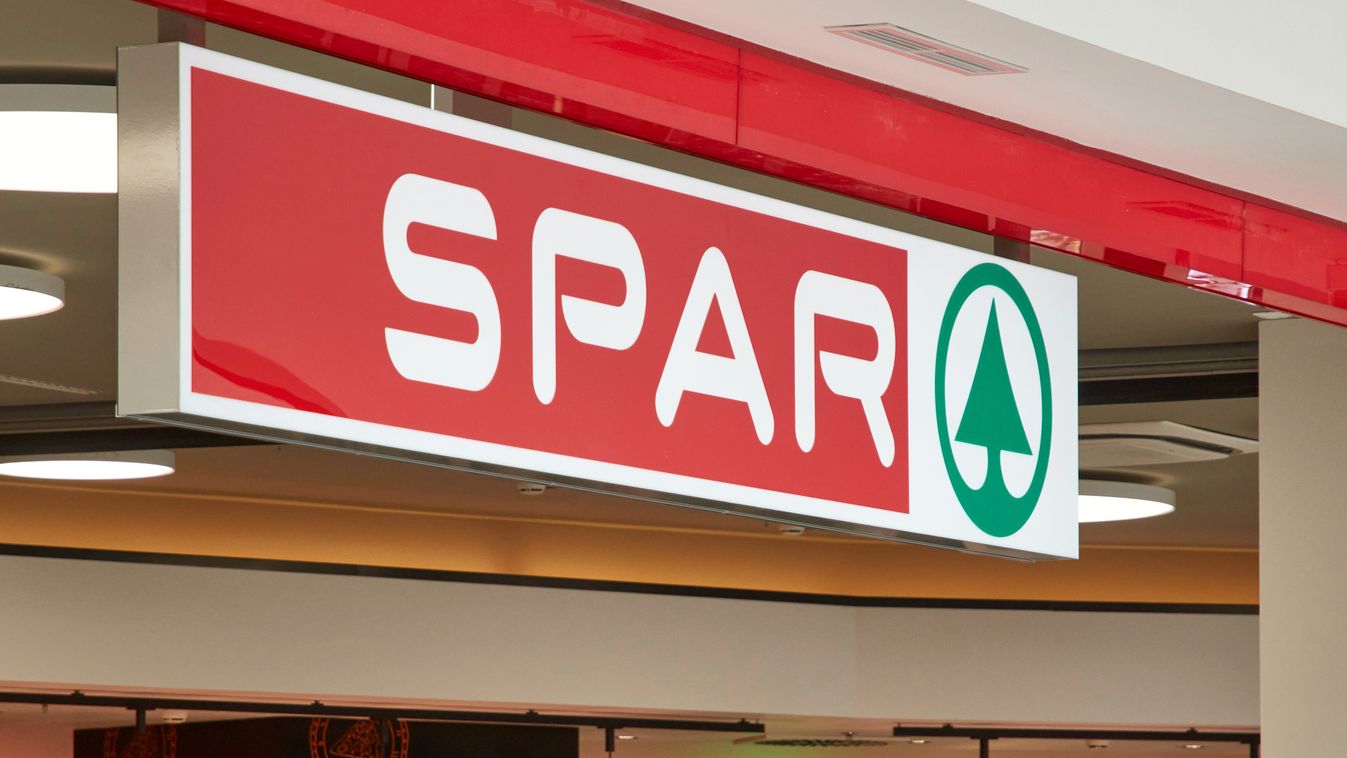Austrian supermarket chain Spar has accused the Hungarian government of breaking EU law to cut food prices and called on Brussels to mitigate the devastating impact of the government’s measures, the Financial Times reported.
The supermarket chain claims that the Hungarian government’s 2022 special tax is discriminatory and breaches a number of EU laws, including on the free movement of goods. In its complaint to the EU, Spar wrote that the special tax and other measures aimed at reducing food prices are clearly incompatible with EU law because they “violate the principle of free movement of goods, freedom of establishment and the Charter of Fundamental Rights.”
According to the complaint, the government’s interference has increased Spar’s costs by around €90 million (3.5 billion forints) and will cause a loss of nearly €50 million (1.9 billion forints) for its Hungarian business in 2023. Spar is the second-largest retail chain in Hungary by turnover.
In 2022, to bridge a growing budget gap, the Hungarian government slapped a windfall tax on large food retailers, which in practice meant foreign-owned supermarket chains, and in 2023, in order to halt rapidly rising inflation, it introduced mandatory discounts on staple foods.
According to the company, the government’s measures “upset the supply and demand balance in the agricultural and food markets; they discriminate in a way that allows small independent retailers and members of the franchise network to avoid losses by buying from large integrated retailers at a discount or reduced prices.”
Of the other major retail chains operating in Hungary, Lidl declined to comment, and Tesco referred questions to the Hungarian Retailers’ Association, which declined to comment.
The European Commission declined to comment to the Financial Times, and the Hungarian government has so far not responded to the paper’s request for comment.






